A recent episode of the hit reality show Big Brother sparked controversy and raised questions about inclusivity and fairness when a hearing-based competition challenge was introduced—despite featuring the show's first-ever deaf houseguest.
The 25th season of Big Brother ushered in a multiverse theme, setting the stage for a diverse range of challenges and experiences for the contestants.
However, a recent Power of Veto competition named "Twisted Tasks" took a turn that didn't sit well with many of the show's viewers.
During the Twisted Tasks challenge, six participating houseguests, including Klotz, were instructed to don headphones and listen to records containing a series of audio clues. These audio cues needed to be pieced together correctly in the shortest possible time to achieve success in the competition.
Unfortunately, Klotz did not manage to secure a top-three spot in this challenge.
Ahead of the episode's airing, Entertainment Weekly published an exclusive feature revealing the extensive efforts undertaken by the Big Brother production team to ensure a level playing field for Klotz, even noting the following ahead of the episode's air date:
"Klotz had already proven himself to be a fierce competitor, representing the United States as a world record holding swimmer at the Deaflympics."
"But having a deaf contestant enter the house meant that 'Big Brother' producers had to reevaluate how to best accommodate the player for interactions in both the Diary Room and during competitions — and those accommodations will be put to the test tonight in a Veto competition called Twisted Tasks that is based heavily around audio clues."
The behind-the-scenes adjustments included the incorporation of a parametric or directional speaker that could be positioned accordingly. This setup was meticulously tested by Klotz himself.
Additionally, producers crafted a combination of the right tone and voice for his ear and utilized noise-canceling headphones compatible with his hearing aids, minimizing the risk of feedback.
Despite these diligent preparations, the hearing-based nature of the competition bothered viewers, some of whom questioned the fairness of the challenge for Klotz.
The failure on the part of Big Brother to accommodate Klotz is an example of ableism, which is defined as discrimination and social prejudice against people with disabilities or who are perceived to be disabled.
Sadly, it's all too common in the United States, despite the protections afforded to disabled people in the Americans with Disabilities Act (ADA).
Earlier this year for instance, Chris Hinds—a city councilman in Denver, Colorado, who uses a wheelchair—said he was "humiliated" and "felt like a circus clown" after he was forced to hoist himself onstage at the venue for a mandatory debate because the stage was inaccessible.
While a spokesperson for the venue told reporters the facility is ADA compliant, they acknowledged the stage itself had limitations and said the venue would seek a long-term solution.
Last year, conservatives mocked Vice President Kamala Harris after she introduced herself by mentioning her pronouns and the color of the suit she was wearing during a roundtable discussion commemorating the 32nd anniversary of the ADA.
Harris was criticized even though she was following recommendations put forward by institutions such as the Perkins School for the Blind, which encourage image descriptions that include the placement of objects in an image, image style, colors, names of people, clothes, animals, placement of text, emotions (such as smiling), and general surroundings.







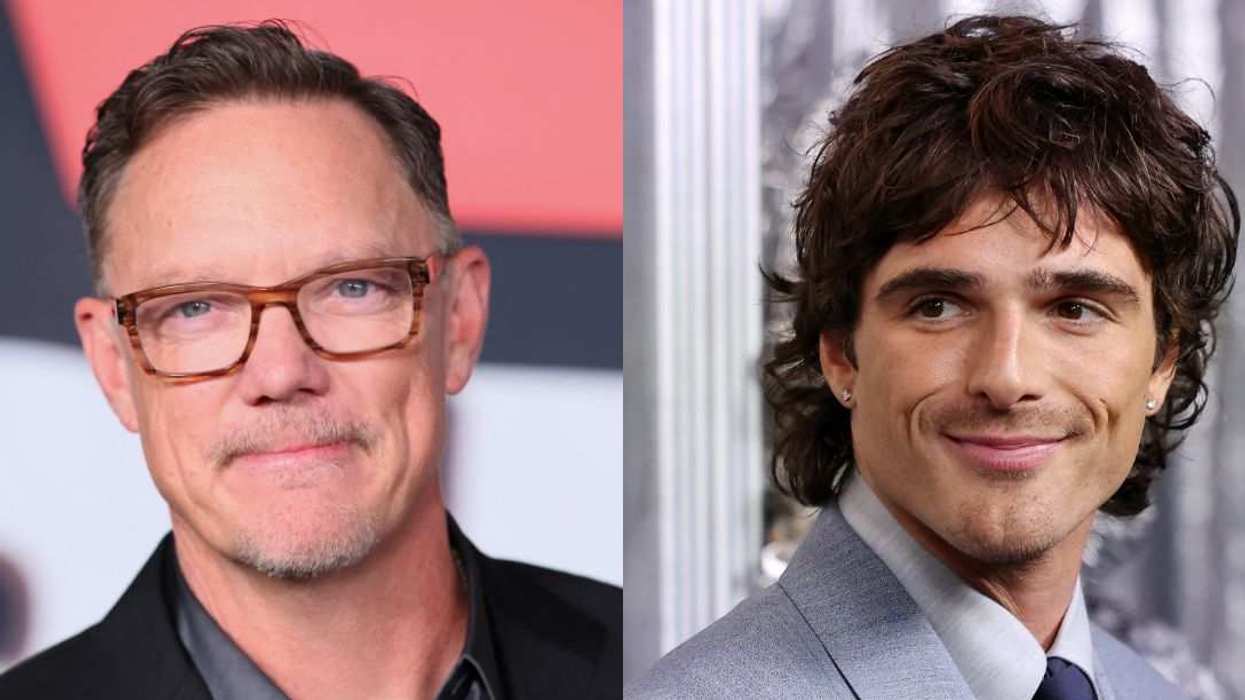






 Reset Era
Reset Era r/WorkReform/Reddit
r/WorkReform/Reddit r/WorkReform/Reddit
r/WorkReform/Reddit Reset Era
Reset Era Reset Era
Reset Era r/WorkReform/Reddit
r/WorkReform/Reddit Reset Era
Reset Era r/WorkReform/Reddit
r/WorkReform/Reddit Reset Era
Reset Era r/WorkReform/Reddit
r/WorkReform/Reddit Reset Era
Reset Era Reset Era
Reset Era r/WorkReform/Reddit
r/WorkReform/Reddit Reset Era
Reset Era r/WorkReform/Reddit
r/WorkReform/Reddit Reset Era
Reset Era r/WorkReform/Reddit
r/WorkReform/Reddit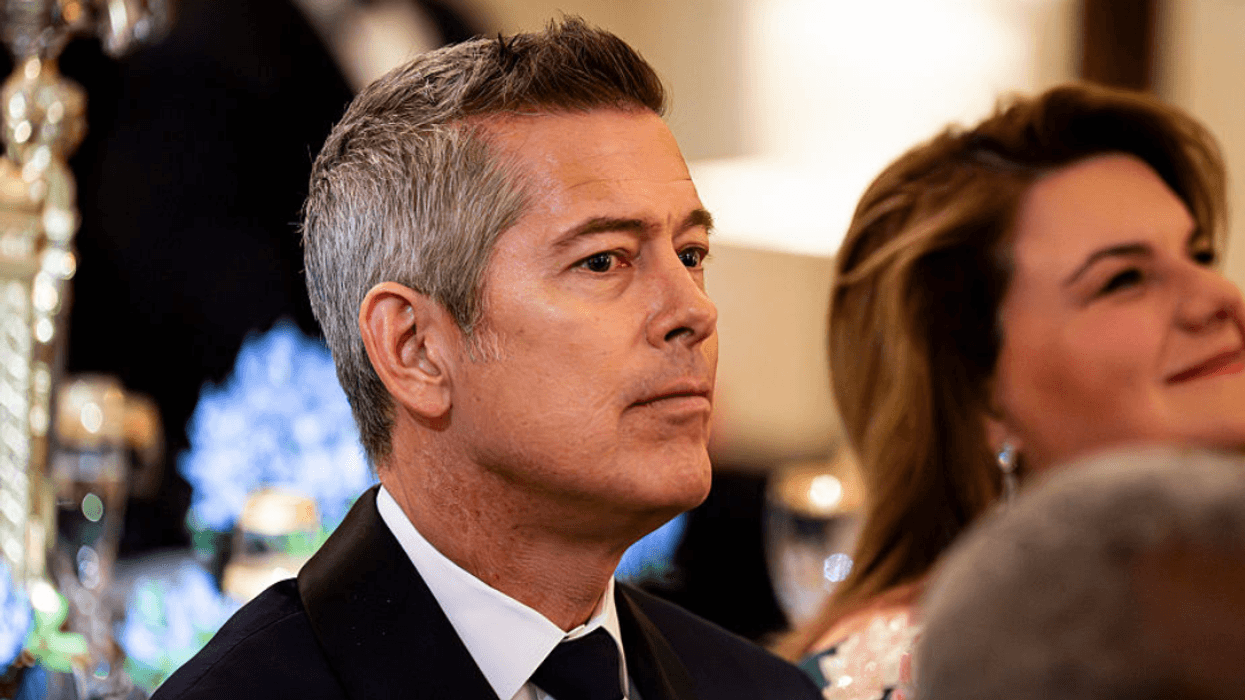
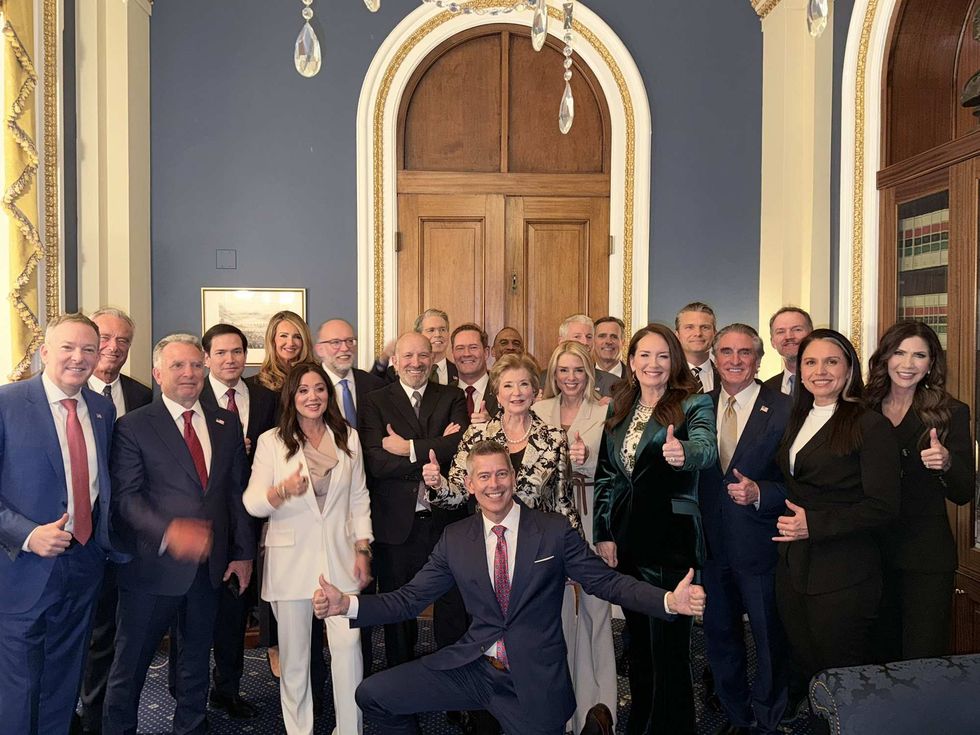 @SecDuffy/X
@SecDuffy/X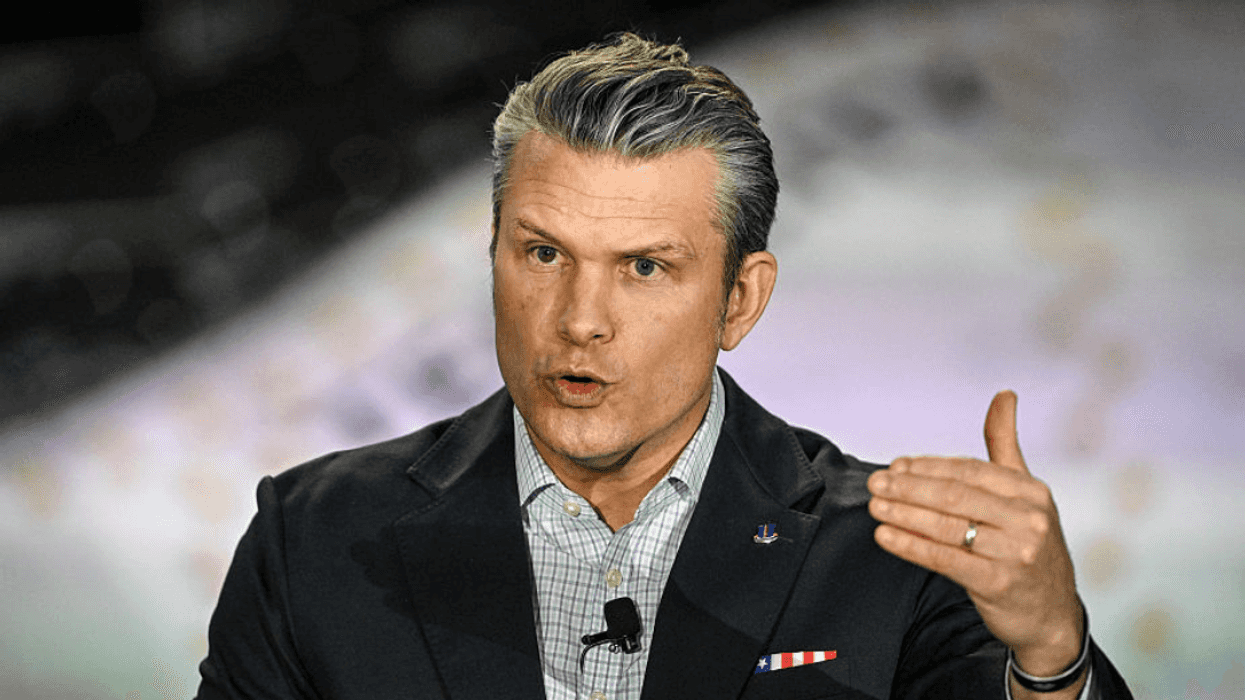
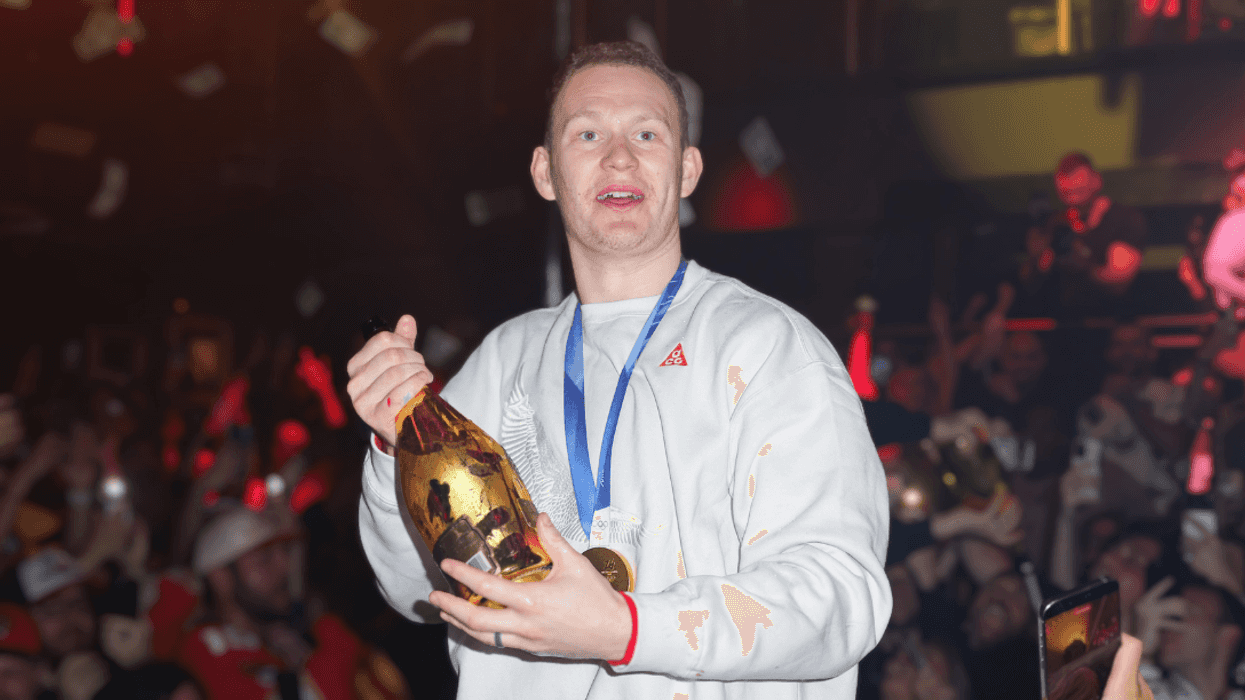
 @WhiteHouse/TikTok
@WhiteHouse/TikTok @WhiteHouse/TikTok
@WhiteHouse/TikTok @WhiteHouse/TikTok
@WhiteHouse/TikTok @kevdsmith/X
@kevdsmith/X